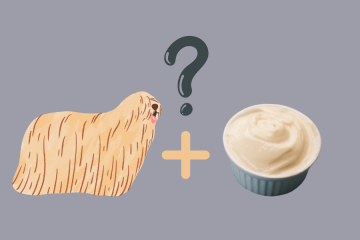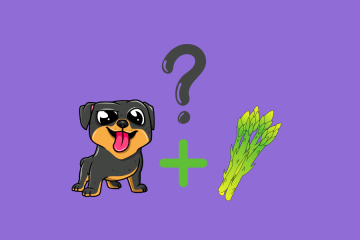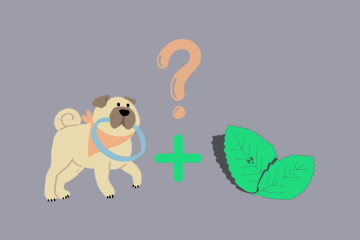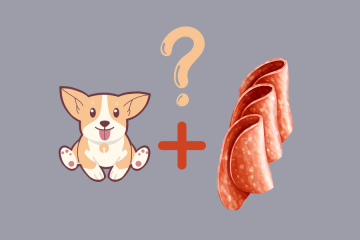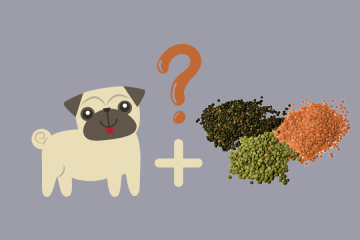Key Takeaways
- Walnuts are neither toxic nor good for your dog✔️
- Walnuts have high fat content, and if eaten frequently, can lead to pancreatitis⚠️
- Moldy or black walnuts are very dangerous, and should be avoided❌
Can Dogs Eat Walnuts Safely?
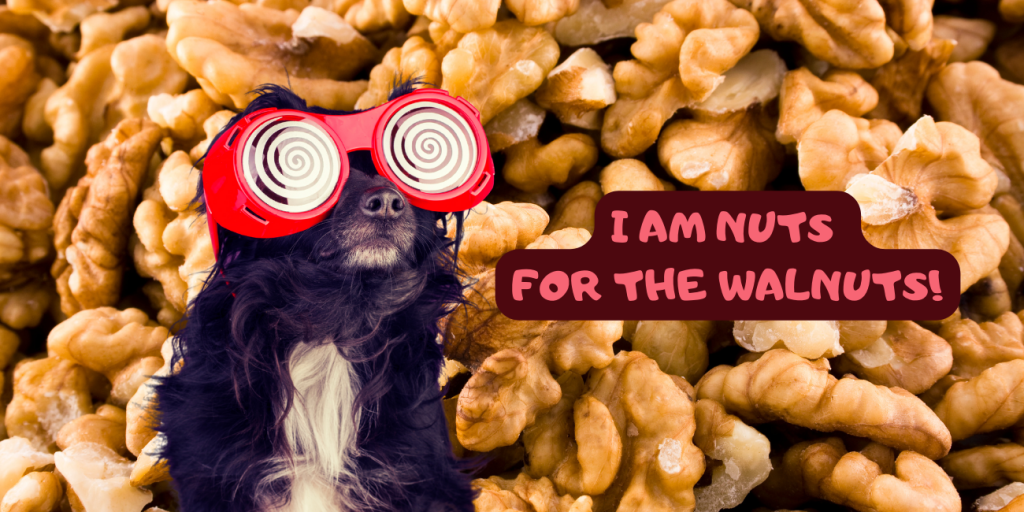
So, can dogs eat walnuts? That depends on a variety of factors. More often than not, dogs can eat a few unsalted walnuts without any risks (beside choking hazard, of course). Nevertheless, it is possible your dog is allergic to nuts, and the only way you can find out is when they eat the nut. The nut as a snack is not worth its price.
Moreover, there are types of nuts that are dangerous to your dog. For example, black walnuts. They are very toxic and should be avoided. You should also make sure there isn’t any mold. It’s just as dangerous as it is for humans.
How Many Walnuts Can Dogs Have?
As with most foods, moderation is key when considering how many walnuts can dogs have – err on the side of caution and avoid giving them entirely. But if your dog steals one or two, they should be able to tolerate it without any negative side effects. Do not allow your dog to eat an entire serving of them,
The Symptoms of Walnut Poisoning

Walnuts are packed with nutrients, vitamins, healthy fat, fiber, antioxidants and protein, but can dogs eat walnuts? It’s a pity that walnuts often turn out to be toxic for dogs. If your furry friend acts strange, and he shows the following symptoms of poisoning in dogs, you should definitely be alarmed and call your veterinarian:
- muscle tremors;
- vomiting;
- seizures;
- sudden chokes;
- drooling;
- paralysis;
- diarrhea;
- general weakness.
The above-mentioned dog symptoms may indicate that your dog has acute neurological issues due to mold contamination after ingesting some highly toxic nuts.We highly recommend your pooch stays away from moldy walnuts.
Safe for Dogs Alternatives
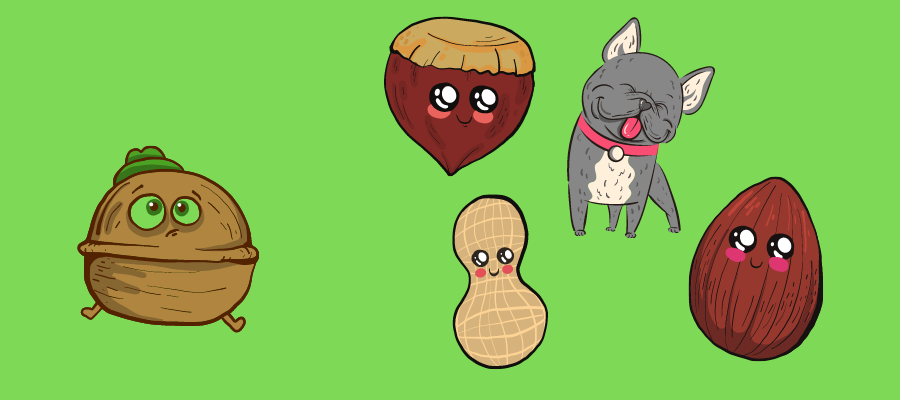
Unfortunately, walnut toxicity in dogs is a common problem. Owners should be aware of the symptoms to treat it early and keep their dog safe. The good news is that not all nuts are toxic, and you can safely feed them to your dog. Keep reading below! If you’re looking for a good substitute to walnuts, choose:
- Peanuts – regulate blood pressure and makes your pup’s blood circulate better. And of course, peanut butter is king for dogs! Remember to avoid salty and sugary treats!
- Chestnuts – they have all the fiber your dog needs to prevent from constipation. On top of that, chestnuts are rich in vitamins and minerals!
- Almonds – these nuts can also be a good choice for your furry friend; just make sure to remove the brown skin.
In general, usually, it’s okay to feed your dog most types of nuts. Cashews, pecans, and hazelnuts are all high in fat, and make a fun occasional treat (just not too much, or you’ll risk pancreatitis).
Although macadamia nuts have many health benefits for humans, they can be toxic to dogs. Symptoms of macadamia nut poisoning usually show within 12 hours after ingestion and include vomiting, weakness and tremors.
How to Prevent Your Dog from Eating Walnuts
To avoid having your dog eat walnuts, try to keep the walnuts in a place where your dog can’t reach them. If you have a garden, make sure to fence it off, so your dog can’t get into the plants. Tell your family and friends never to offer nuts to your pup.
Our Reader’s Story
One of our readers has recently shared with us her story. She and her dog Shaggy were walking in the park, when she noticed Shaggy eating something off the ground. He looked fine, so they continued the walk. Until he felt sick. Her husband said a similar situation had happened to him too. After the dog got better, our reader went back to the park, alone, and checked the area for potential harmful items (nails, rat poison etc.) She was surprised to find scattered walnuts. Shaggy is all good now, and they avoid the walnut tree in the park. Their story serves as a reminder to be careful, even on the walks.
Why Black Walnuts Are Bad for Dogs?
Not only can these nuts make your pup sick if ingested, but just walking on fallen walnut shells or husks can potentially cause your pup paw irritation and create long-term health issues when absorbed through the skin. Funnily enough, nobody really knows why they are so toxic. All that is known is that they are a serious threat.
Avoid giving black walnuts directly to your pooch, and keep them away from walks in areas where large concentrations of these nuts have fallen. Protecting your pup’s health requires taking all potential risks into consideration, including the risk posed by otherwise harmless black walnuts.
Lucas Taylor is a veterinary assistant, freelance journalist and single dad who lives in the suburbs with his three pups: Ruby, Nala, and Woody. He has one cat named Pepper. When he’s not writing articles or working at the vet clinic, Lucas loves cooking French cuisine for himself and friends at home. One of Lucas’ favorite things to do is paddleboard with his son Noah and their canine companions. Pepper is the homebody of the bunch – she loves chilling on the couch.

